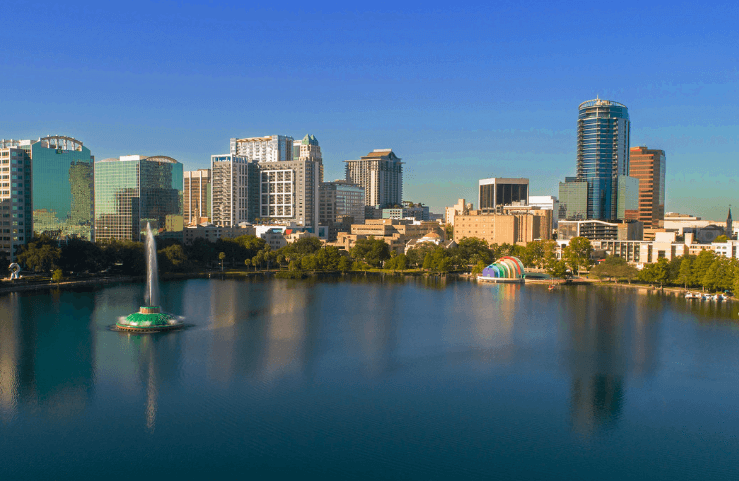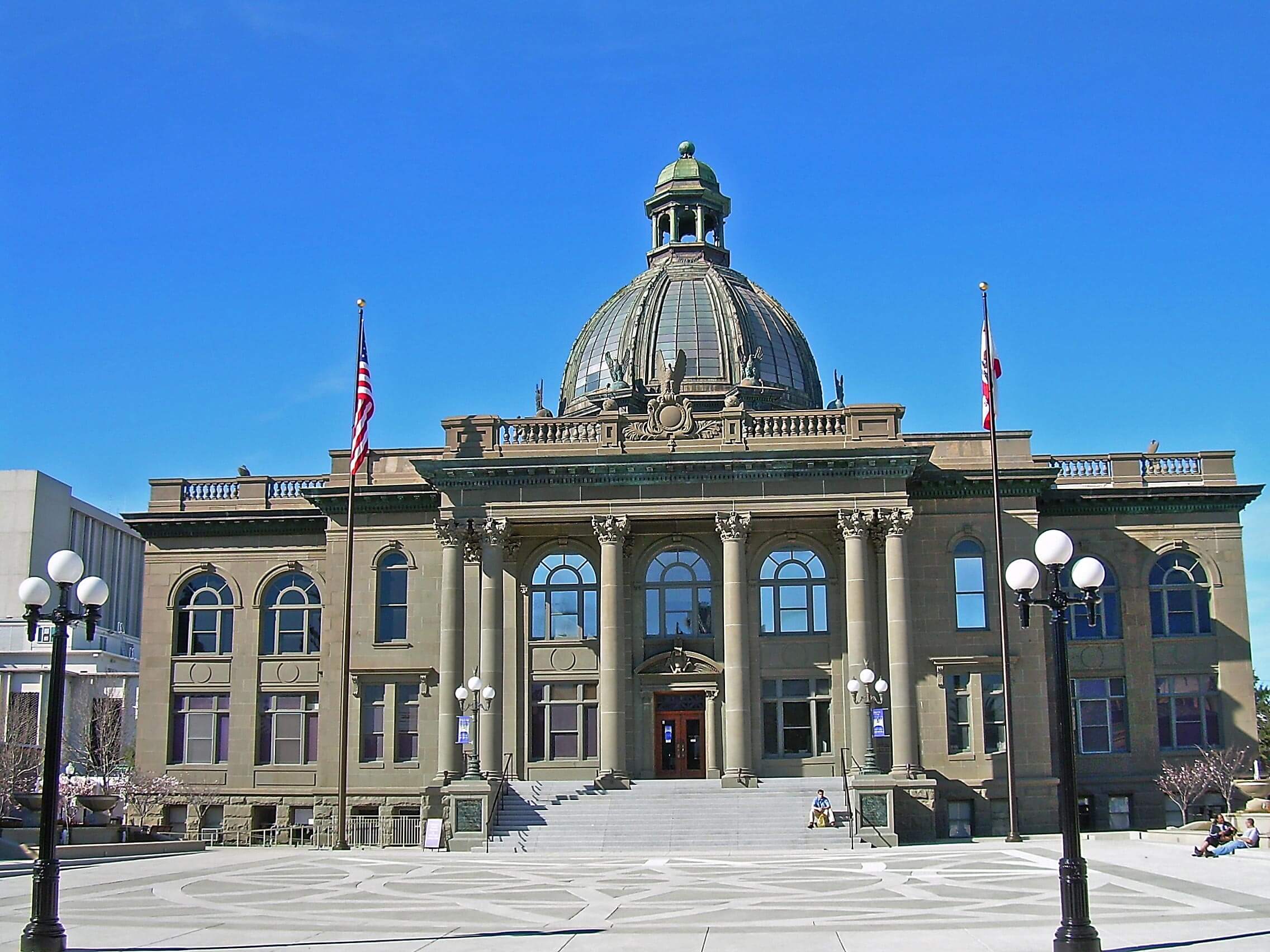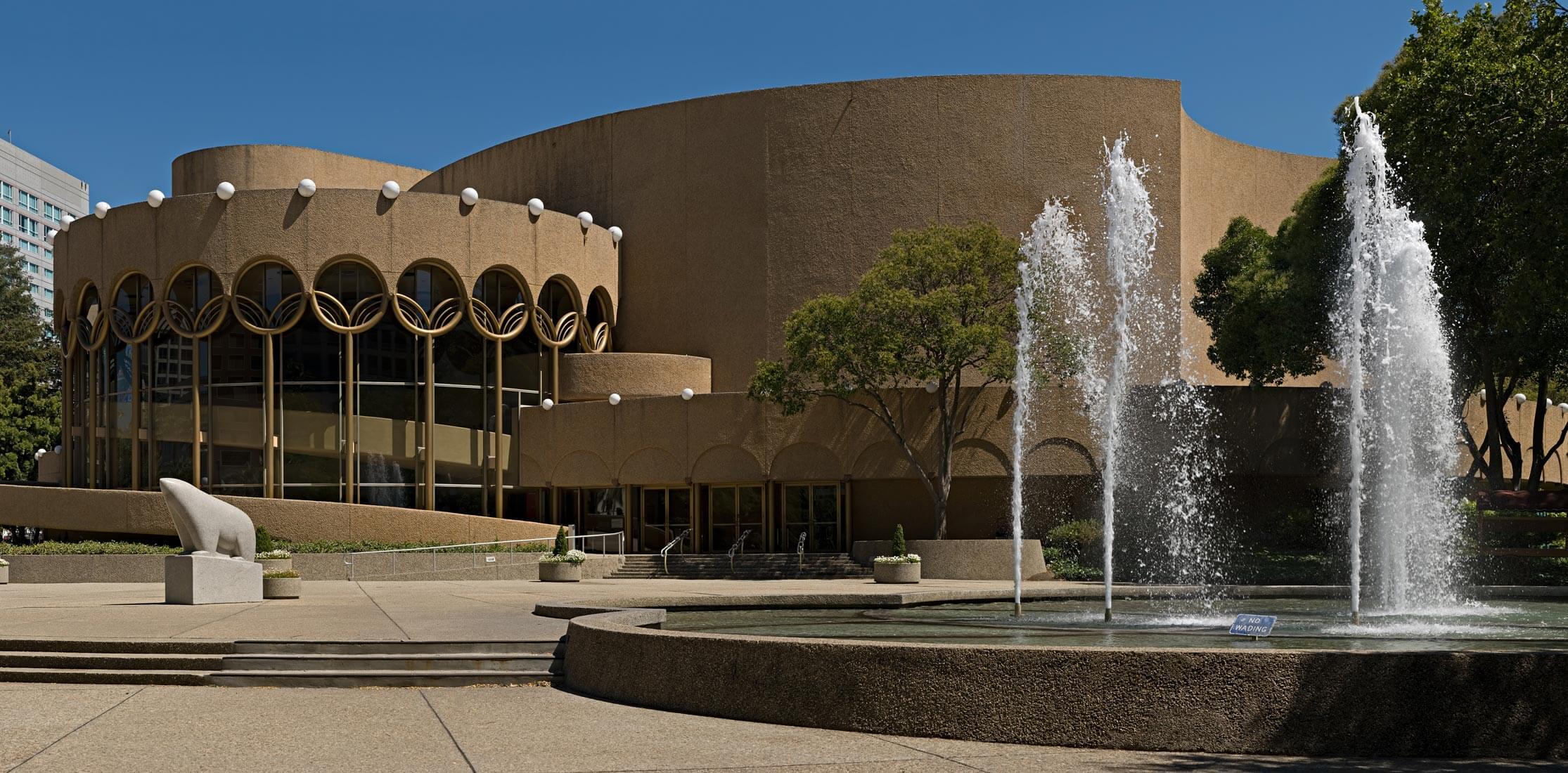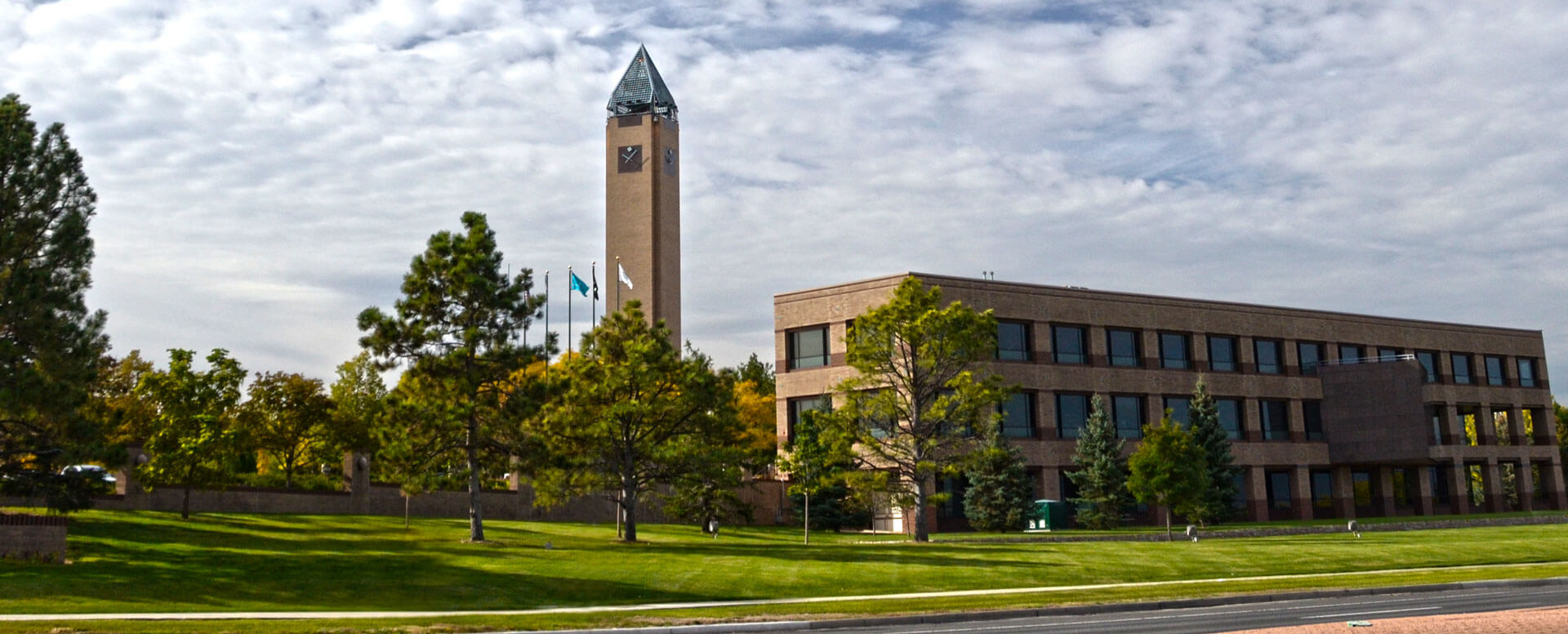How to Find New Ideas and Solve Problems in the Midst of Crisis
If you want better ideas, have your employees use these simple, yet effective, questions to vet their ideas for viability.

If you want better ideas, have your employees use these simple, yet effective, questions to vet their ideas for viability.

The extent and destructive power of Covid-19 will also bring profound changes in how government operates at all levels from policy formulation and regulatory enforcement, to financing and service delivery.

The California State University has made remarkable achievements in helping students, faculty, and the community cope with the COVID-19 pandemic.

Perhaps the biggest challenge the Covid-19 Pandemic brings is how to lead in a crisis, in which the ground appears to change by the hour and in some instances by the minute.

Wildfires are much more prevalent these days across the globe. They have the potential of burning large areas in just days or weeks. There is usually a great deal of struggle in containing such wildfires, with the risks of homes and lives being lost looming over those who battle the fires.

Few if any organizations, private or public, are prepared to respond to the depth, severity, and magnitude of the changes this onslaught is having, and will have, on staffing and workplace operations in the future.

No matter how bad something is, there is always something of value to be glimpsed, learned, or received. COVID-19 is no exception. In the midst of a global pause to stop the spread of the virus, we are witnessing the best of the human spirit when it rises above fear to meet challenge.

Whether heads of families, corporations or government agencies, it is incumbent upon each of us to evaluate how we can do better—both now and in the future—to prepare for and cope with both small- and large-scale emergencies.

The typical response to crises is often described as “managed chaos”. This is particularly true when the onset is sudden, the affect is broad, and the duration lingers.
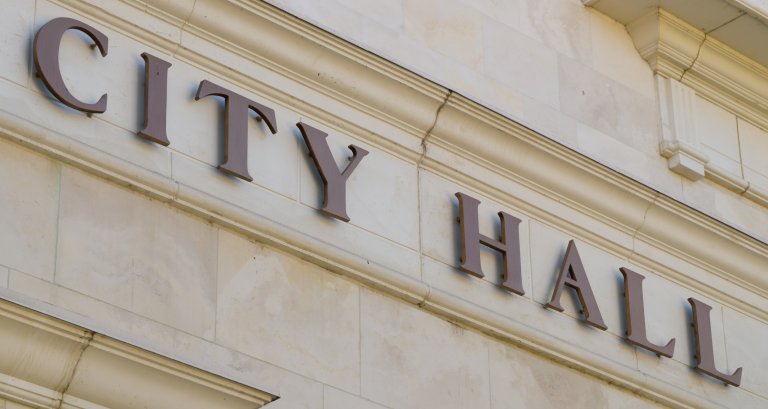
Establishing trust requires elements of organization, honesty, integrity, openness, and sound policymaking and implementation. Building confidence requires “response-ability”, competence, commitment, and reliability.
Featured Locations

